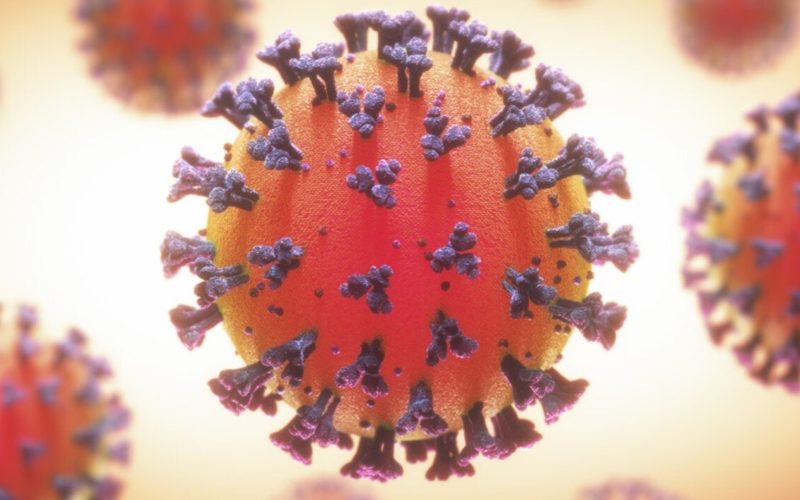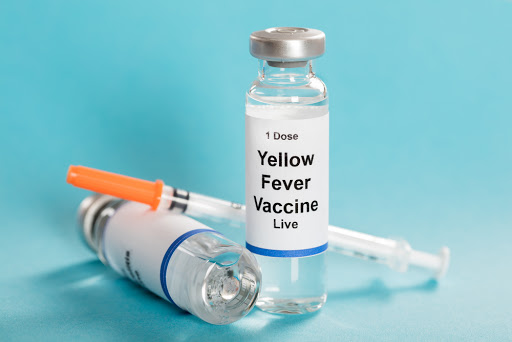Ever since the Covid-19 pandemic broke out in China at the end of 2019 there has been a lot of talk around viruses, mutation and new variants.
CITE contacted the Health Desk experts to explain how the Covid-19 virus develops, mutates and the different variants causing havoc all over the world.
The experts said the job of the virus is to infect more cells by making copies of itself.
“Let’s think about a virus like a house. Each virus has a unique genetic code, similar to a blueprint for a house. Just like humans have genetic codes called ‘DNA’ that help determine our height and weight and hair colour, viruses also use these codes to determine how they look and act. For the COVID-19 virus these blueprints are called RNA,” said the Health Desk Experts.
“A virus’ job is to infect more cells by making copies of itself, so it can continue to spread. It works like an architect who wants to build as many houses as she can using the same blueprints. Sometimes accidents and random errors occur when the virus is copying itself, so it ends up looking a little bit different from the original blueprint. These errors are called ‘mutations’ and they’re to be expected.
The experts said most mutations have little to no impact on how the virus spreads or how severe the illness will be.
“Some of these mutations can cause viruses to become stronger, weaker, stay mostly the same, or even disappear entirely.
“When viruses begin to copy the mutated versions of the virus, they create new ‘variants.’
The Health Experts said variants are different from mutations.
“A variant is a copy of the original virus that has one or more unique mutations,” they said.
“Thinking about this like a blueprint for a house, one variant may have a longer window on one floor than the first house. Another variant might have a slightly different chimney size than the original blueprints. Only small parts of the house changed but the foundation, number of rooms, doorways, and structure stayed the same.”
“These houses are being built around the world and as each one copies itself, smaller changes like these will keep occurring. When a variant hurts a virus’ chance of replicating or spreading to others, it tends to disappear. Think of this like a change in the house’s design that no one wants to buy, so the architect won’t build it again.
The Health Desk experts said some of these single mutations or variants become really successful and help the virus transmit easily from one person to another, or cause more severe symptoms.
“An example of a variant like this is the B.1.1.7 variant which has 17 genetic differences from the original genetic code of COVID-19. As variants like this continue to circulate among a population and cause more infections, the likelihood of the virus mutating more increases, because it has more opportunities to copy itself and make changes in the process,” said the experts.
“Variants also occur in places with geographic differences so one variant in the United Kingdom like B.1.1.7 will likely be quite different than one in South Africa, similar to having a fireplace in the house in Norway where it snows or solar panels in the Namibian desert where it is often sunny.”
The experts said when scientists monitor variants around the world, they are always looking out for ones that might be more infectious, might not respond to vaccines, or might cause worse symptoms in people.
“When variants begin to look like they can impact people in these ways, health and medical groups like the World Health Organization may begin to classify them as variants of interest, variants of concern, or variants of high consequence. These categorizations help public health agencies target efforts to address the specific changes in these variants,” they said.
The health experts said as of April 2021, the SARS- CoV-2 coronavirus (which causes Covid-19) mutates approximately every 11-15 days.
“This is roughly half the speed at which influenza mutates and one-fourth the speed of HIV. So far, SARS-CoV-2 appears to have roughly 13 000 mutations and almost 4000 variants,” said the Health Desk Experts.








